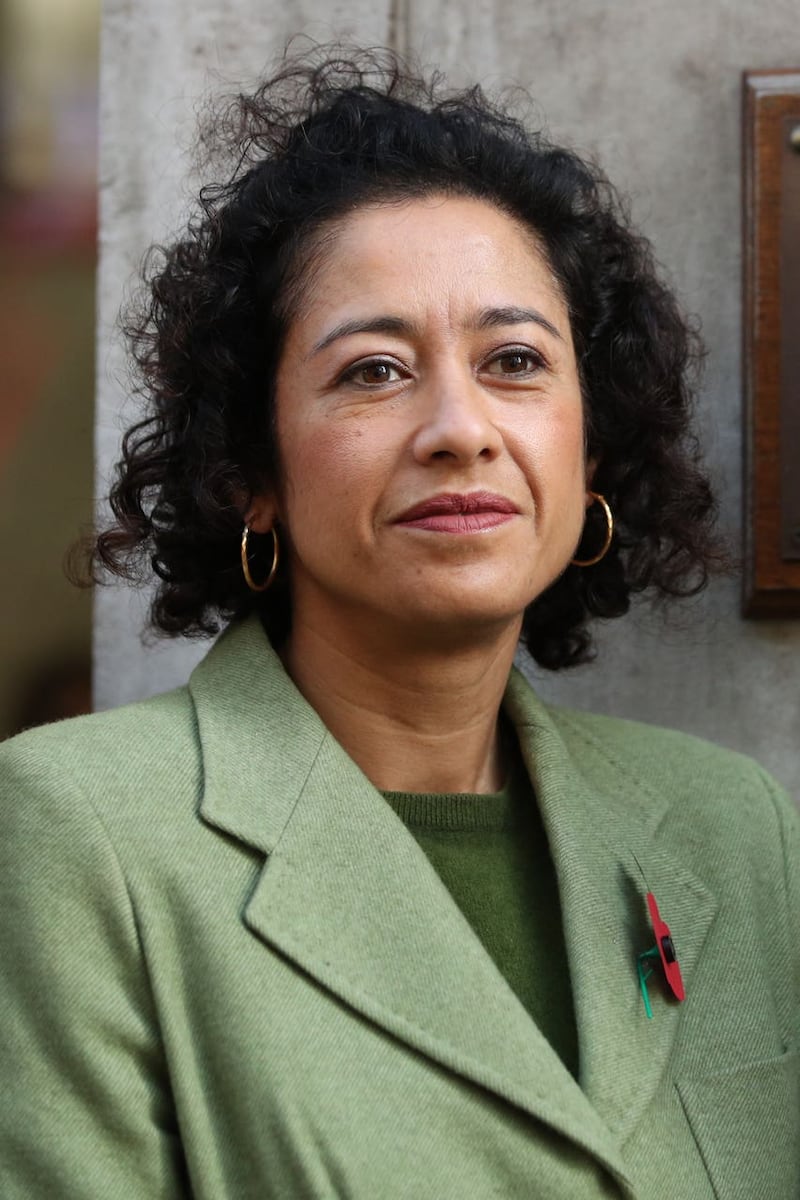The tribunal that found for Samira Ahmed in her dispute with the BBC dismissed the corporation’s argument that Jeremy Vine was paid more because his show needed a presenter with a “glint in the eye”.
The dispute centred on the fact Ms Ahmed was paid £465 per episode of Newswatch while Mr Vine was paid up to £3,000 for each episode of his Points Of View, work she described as comparable.
The judges dismissed the BBC’s argument that Points Of View required a “cheeky” presenter with a “glint in the eye”.
The judgment in Samira Ahmed v BBC handed down by Judge Harjit Grewal in the Central London Employment Tribunal is now available online: https://t.co/oevWxPgTVN
— Judicial Office (@JudiciaryUK) January 10, 2020
The judgment said: “It is clear … that the work that the claimant (Ms Ahmed) and Jeremy Vine did in presenting their respective programmes was the same or, if not the same, very similar.
“The respondent argued that the lighter tone of Points Of View and the occasional attempts to be humorous meant that different skills were required to present it.
“The presenter of Points Of View needed to have a ‘glint in the eye’ and to be cheeky.
“We had difficulty in understanding what the respondent meant by a ‘glint in the eye’ and how that translated into a ‘skill’ or ‘experience’ to do a job.
“How does one acquire such a skill or experience?
“In any event, the light-hearted tone and any cheekiness were achieved primarily by the script being written in a particular style.
“The attempts at humour came from the script.”

The judgment described the pay disparity between Ms Ahmed and Mr Vine as “striking”.
It said: “The difference in this pay case is striking.
“Jeremy Vine was paid more than six times what the Claimant was paid for doing the same work as her.
“There needs to be clear evidence about what the case of that difference was.”
The BBC’s argument relied on various factors including the profile of the two programmes, the profile of the two presenters and their broadcasting experience.
However, the tribunal held that the BBC had failed to prove that any of those factors explained the difference in pay at any stage.
The judgment said: “We recognise that those decisions were made long ago and that some of the personnel involved in them may no longer be employed by the respondent (the BBC).
“However, those difficulties are easily surmountable if an organisation has transparent pay structures or processes for determining pay and for recording the rationale of its decisions about levels of pay.
https://twitter.com/SamiraAhmedUK/status/121565495785001369
“The BBC found itself in difficulties in this case because it did not (and, to an extent, still does not) have a transparent and consistent process for evaluating and determining pay for its on-air talent.”
The judgment said the BBC had “failed to prove that the difference in pay was caused by the difference between the profile and audience recognition of the Claimant and Jeremy Vine”.
During the tribunal the BBC’s legal team said Ms Ahmed was paid the same as her Newswatch predecessor Raymond Snoddy.
The judges ruled that evidence “strongly” indicated that broadcasting experience “was not taken into account in setting the pay for the presenters of Newswatch.
“If It had been the claimant would not have been paid the same as Ray Snoddy who had no broadcasting experience when he was appointed to the role.”
The tribunal therefore found the claim for equal pay between May 2012 and September 2018 succeeded in full.








